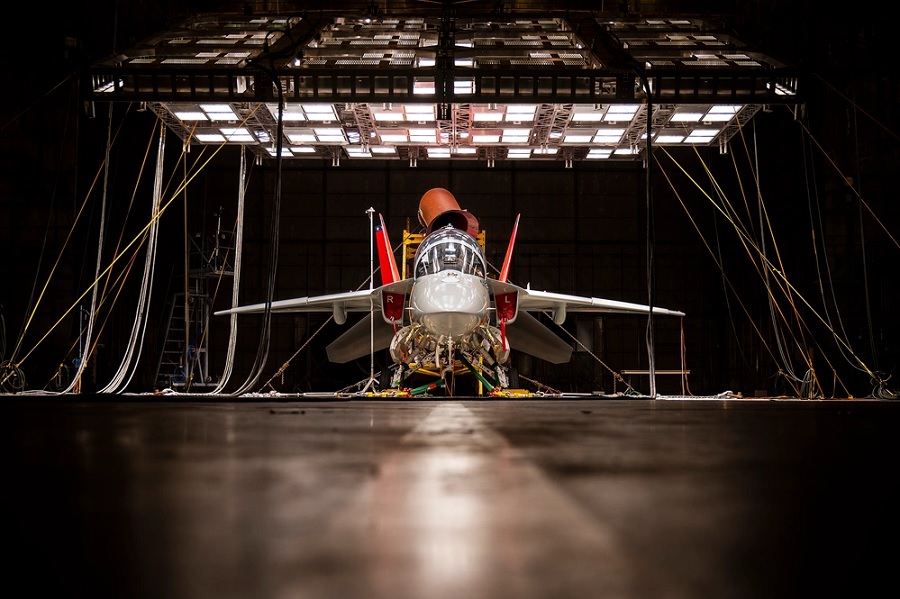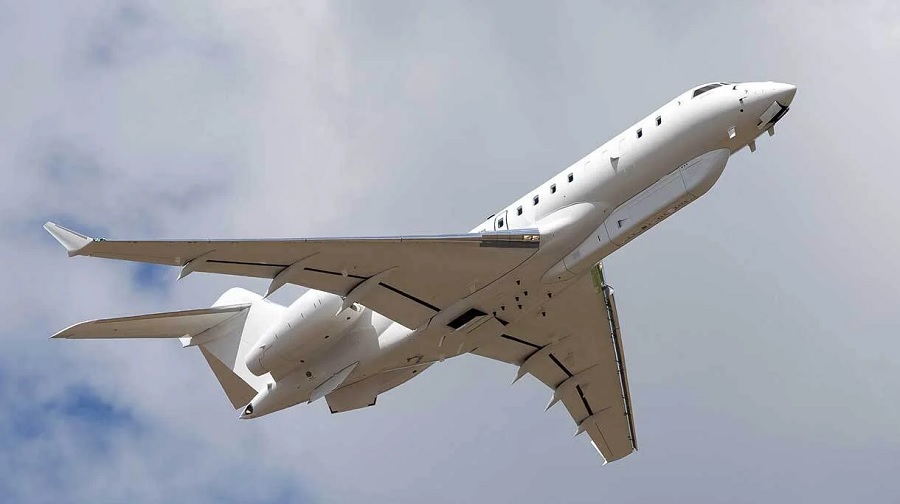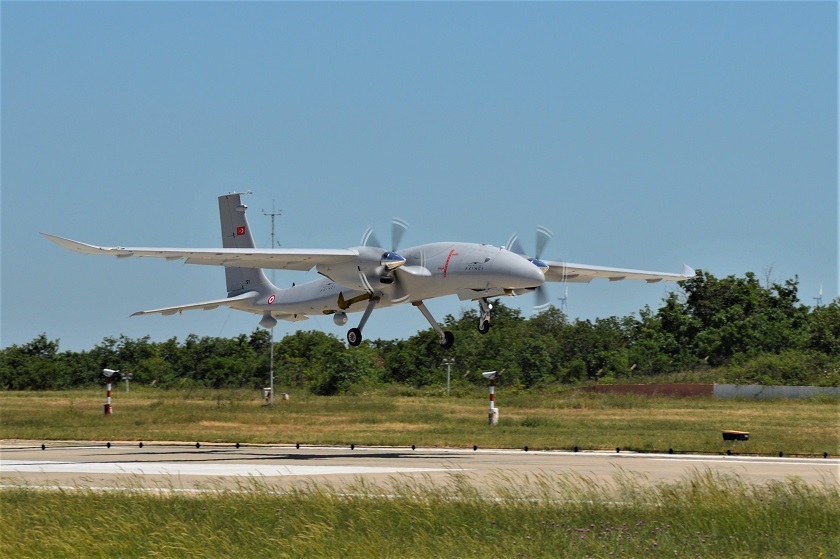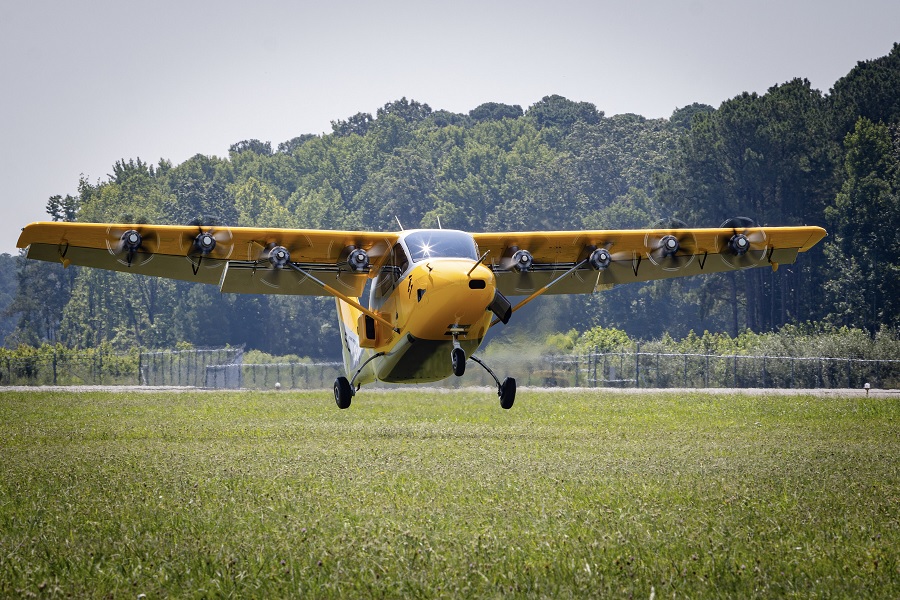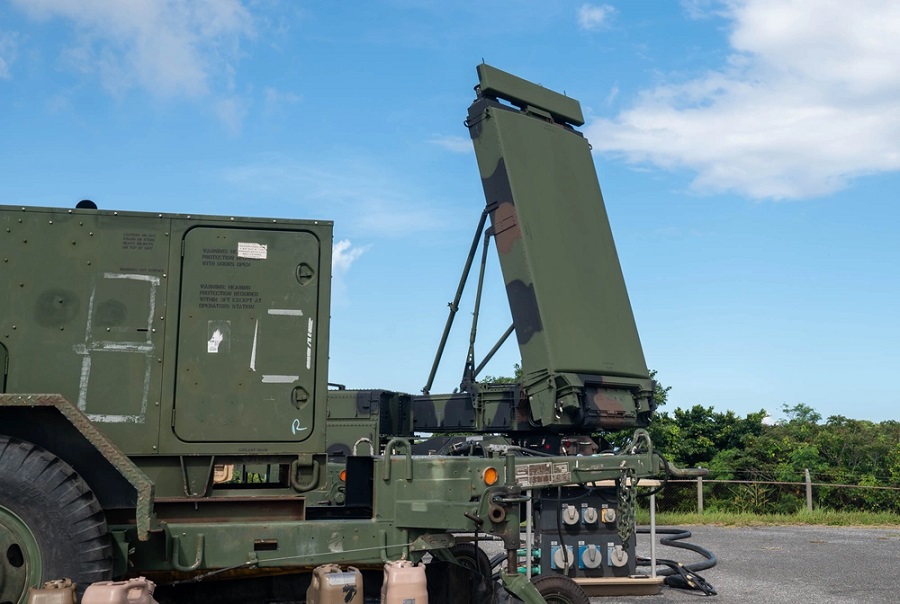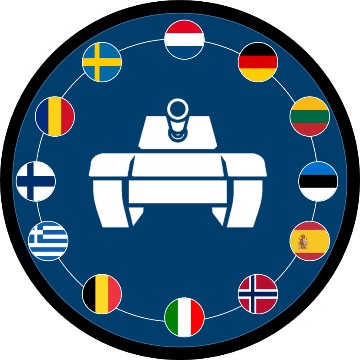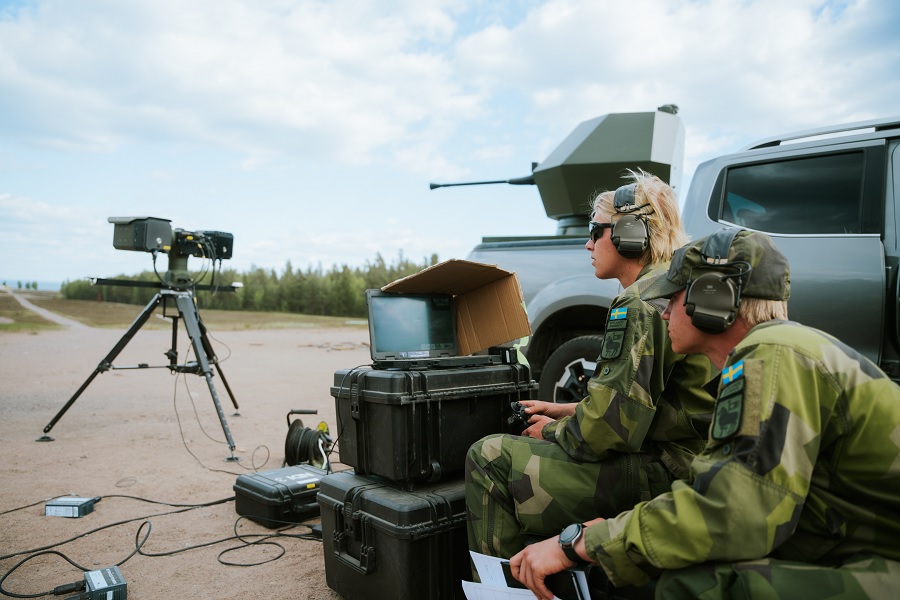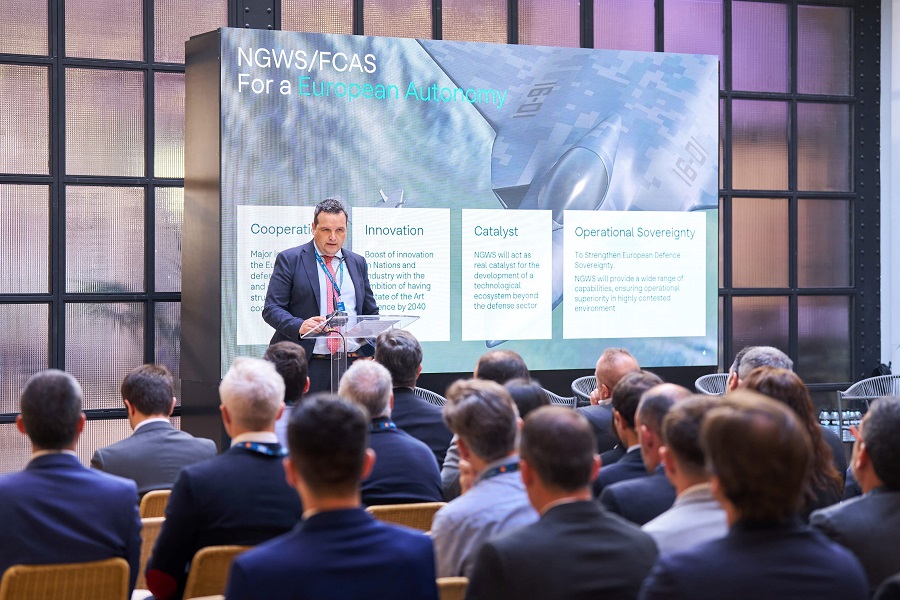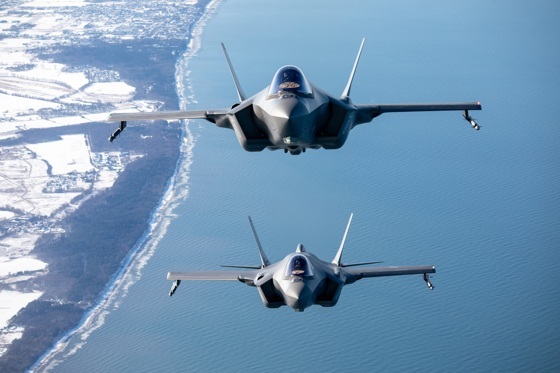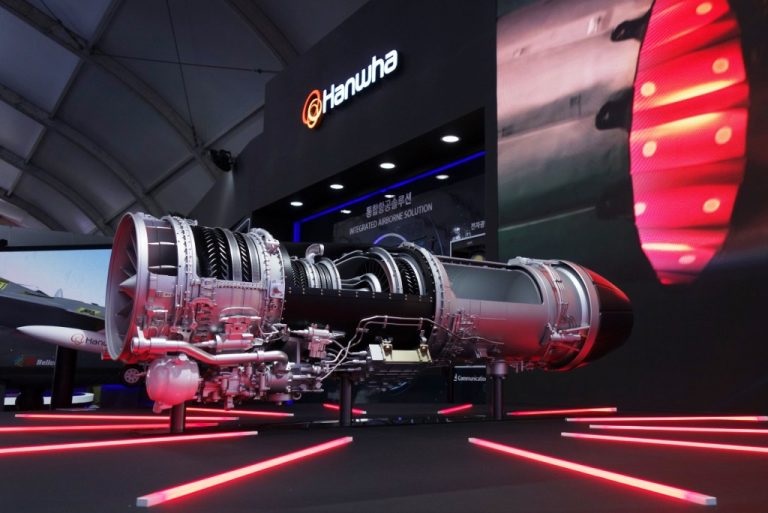During an exchange of views with Members of the European Parliament from the Subcommittee on Security and Defence the Deputy Secretary General affirmed that a close NATO-EU partnership is fundamental to European security, particularly in the context of Russia’s full-scale invasion of Ukraine. Geoană highlighted the importance of fostering complementarity, coherence and interoperability on efforts to enhance the European defence industrial base and defence capabilities.
The Deputy Secretary General stressed the need to continue supporting Ukraine, noting the billions of euros of financial and humanitarian assistance that NATO and EU countries have provided. He also welcomed the recent EU agreement on providing 50 billion euros of long-term funding, as well as the decision taken last December to open accession negotiations to support Ukraine’s path to Euro-Atlantic integration.
Geoană said that the outcome of the war in Ukraine will shape the future of European security for decades to come. Since Russia’s illegal annexation of Crimea in 2014, NATO has implemented the largest reinforcement of its collective defence in a generation, including by strengthening its deterrence and defence, increasing defence spending, and supporting the defence industry. NATO has enhanced its partnerships, alongside the EU, with Georgia and Moldova, which face unrelenting pressure from Russia. NATO also works closely with the EU on the ground in the Western Balkans through the NATO-led KFOR mission in Kosovo and by supporting the EU-led operation EUFOR in Bosnia and Herzegovina under the Berlin Plus arrangements to maintain a safe and secure environment for all.



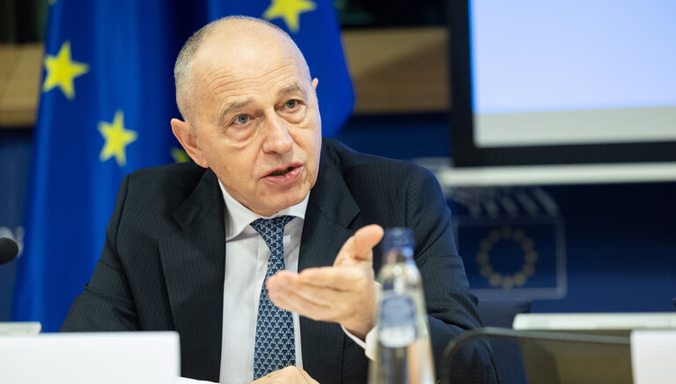
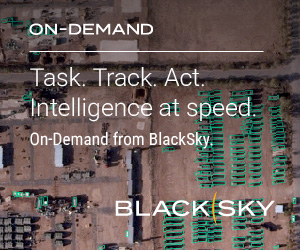
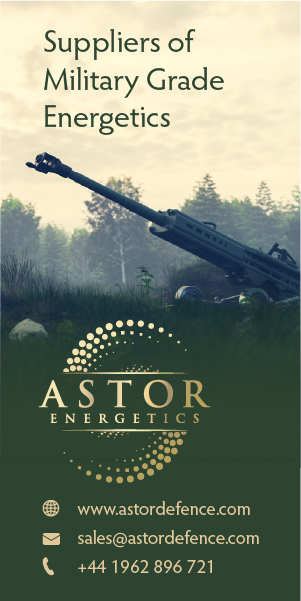

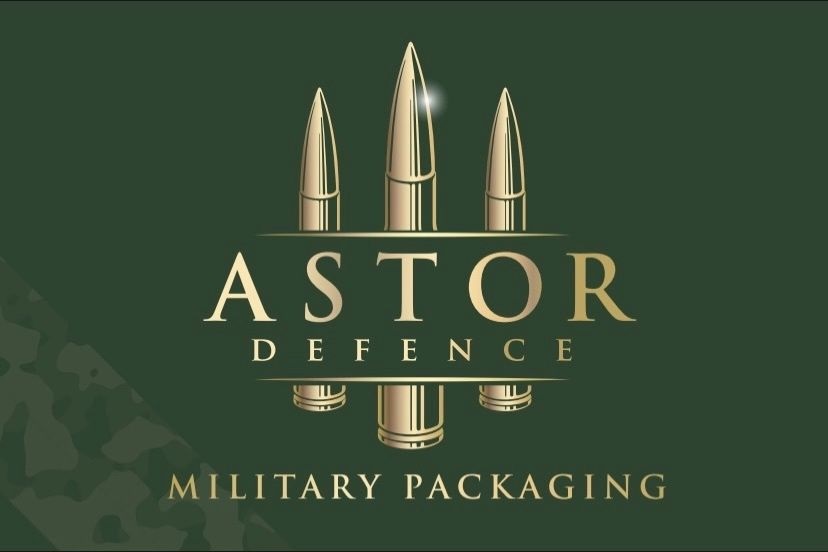
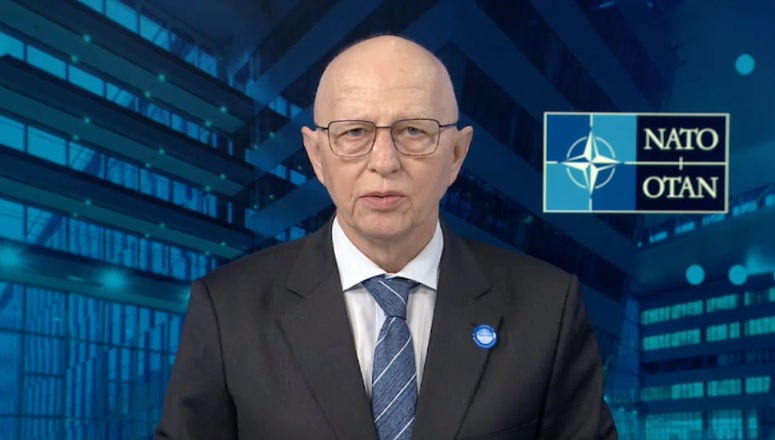
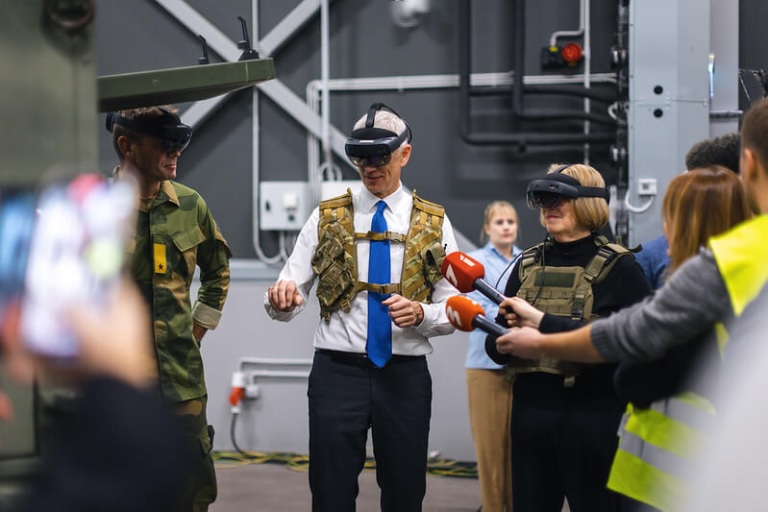


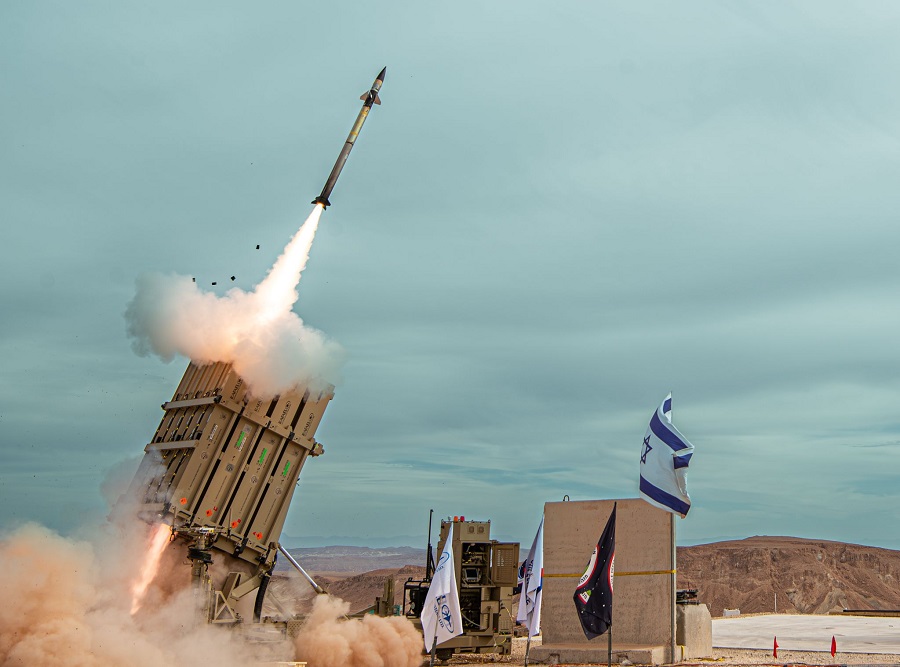
![MightyFly demonstrates autonomous cargo flight capabilities to U.S. Air Force [VIDEO]](https://defence-industry.eu/wp-content/uploads/2025/07/MightyFly-demonstrates-autonomous-cargo-flight-capabilities-to-U.S.-Air-Force-VIDEO.jpg)
